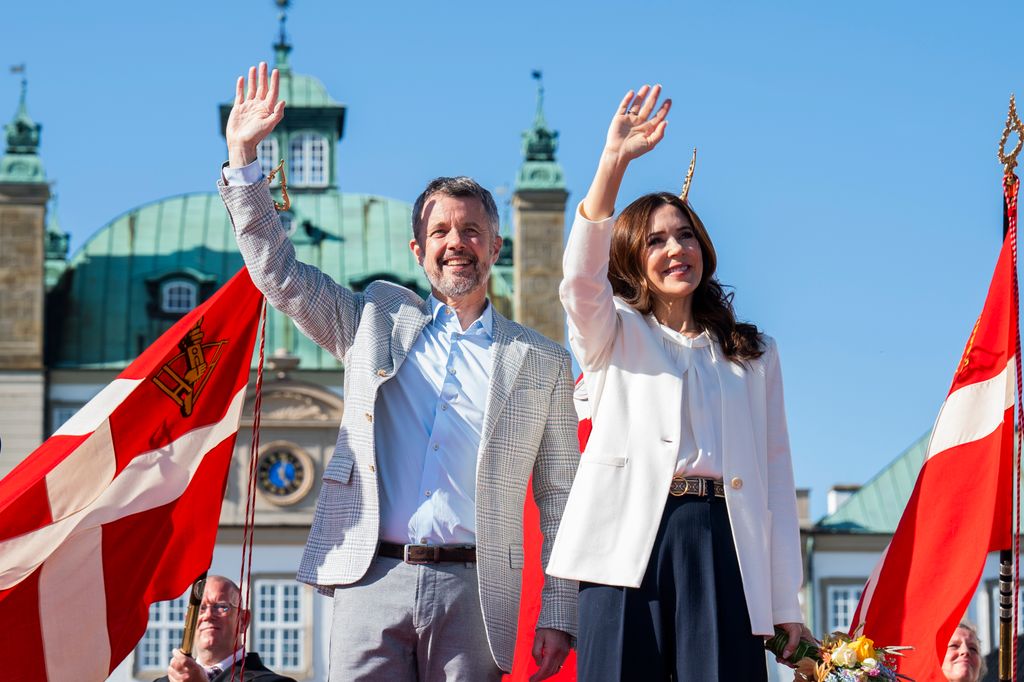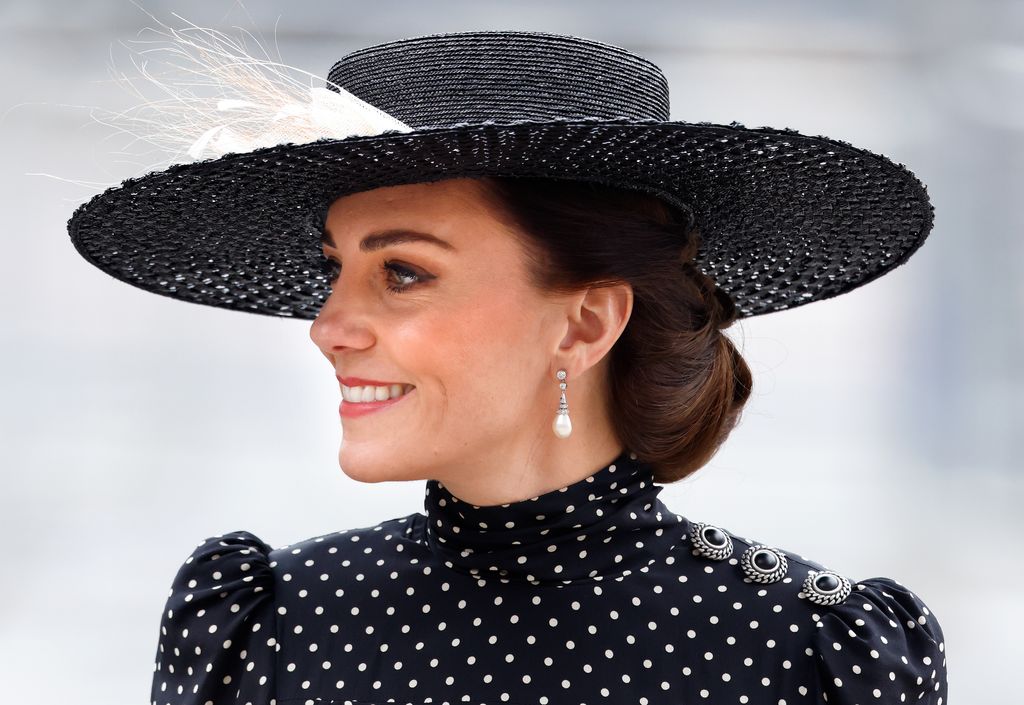It’s all change for the Danish royal family as King Frederik, Queen Mary and their children officially move to their winter residence, the palace has confirmed.
The couple have been based at their country home, Fredensborg Castle and the Chancellery House, throughout the summer, which is located 24 miles north of Copenhagen.
Frederik and Mary have returned to King Frederik VIII’s Palace at Amalienborg in the heart of Copenhagen, as is tradition for the Danish monarch during the winter months.
The couple have four children – Crown Prince Christian, 18, Princess Isabella, 17, and 13-year-old twins Prince Vincent and Princess Josephine.
Isabella, Vincent and Josephine started the new school year last month, while Christian began his gap year in East Africa at the beginning of September.
The Danish palace said that the future king “will be involved in the day-to-day running of two farms, which will, among other things, involve practical and administrative tasks as well as giving the Crown Prince an insight into local nature conservation”.
Christian’s time during his secondment will remain private and he plans to return home to Denmark in December.
The Danish royals traditionally celebrate Christmas at Marselisborg Palace in Aarhus, but King Frederik and Queen Mary’s plans for the festive season are yet to be confirmed.
Frederik ascended the throne on 14 January, following his mother Queen Margrethe’s abdication.
On Thursday evening, the king and queen put on a glamorous display as they attended a dinner in honour of the 400th anniversary of the Stock Exchange in the Danish capital.
Frederik looked smart in a black tuxedo while Mary wowed in a strapless monochrome floral gown by Danish designer, Lasse Spangenberg.
The Danish king and queen travel all over the country and overseas for their royal duties and the pair have hit the ground running since the start of their reign.
Australian-born Mary will pay an official visit to Brazil from 2 to 5 October with Climate, Energy and Supply Minister Lars Aagaard to focus on Danish-Brazilian cooperation on biodiversity, health and the fight against violence against women.







